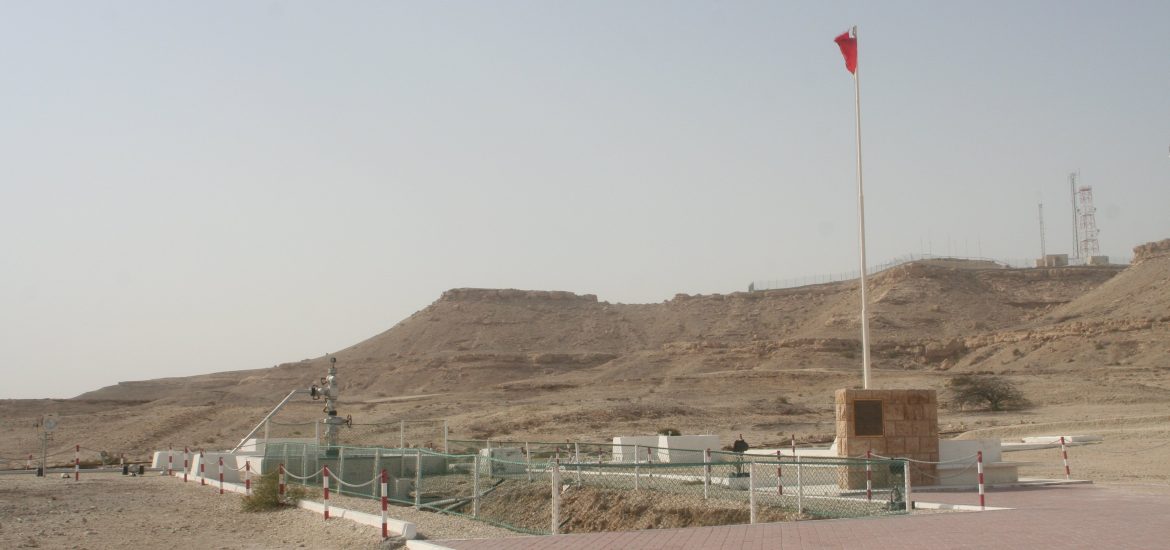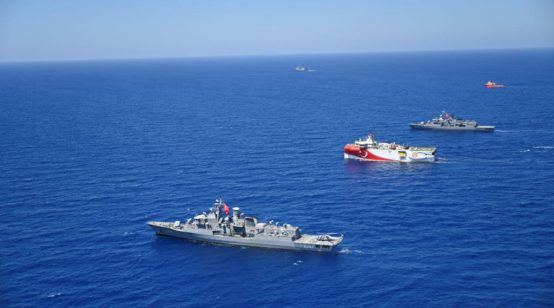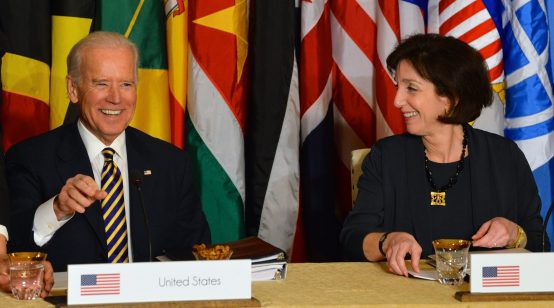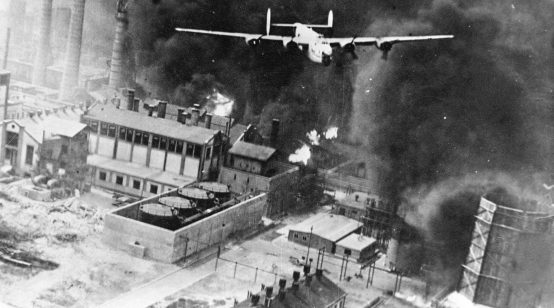
From the United States to Argentina and Australia and now Bahrain, we hear a common refrain in 2018: shale is king.
Shale, or oil and gas unlocked by hydraulic fracturing and horizontal drilling, has transformed the global energy landscape since the late 2000s, making the United States the world’s largest oil and gas producer by 2012 and 2011, respectively. Many countries began identifying their own shale resources, but they were too late. Plummeting prices in 2014 made these countries reticent to launch an entirely new model.
The April 2018 announcement, however, that Bahrain had found 80 billion barrels of shale oil may signal a new era. Bahrain is the first country in the Middle East to appear intent to develop shale, and others could follow. Argentina and Australia, meanwhile, had explored shale for over five years. Now, with prices rising to over $80 per barrel last week, both are moving forward.
A global wave of shale would transform markets. It would lead to more boom-bust prices – good for those hoping to leave oil, bad for those worried about the global economy – and undermine the Russia-OPEC alliance in the short term. In the long term, however, it could bring more stability to prices, which is bad depending on what side of the energy fence you sit on.
Bahraini first-mover advantage
Bahrain’s discovery marks the arrival of shale oil in the Middle East, and will elevate the country’s profile. For a small nation of less than 1.5 million people, per-capita incomes could come to rival Qatar.
But the announcement should be met with a healthy dose of skepticism. In other discoveries in the Middle East, less than 5% of reserves have been deemed technically recoverable. Even in the best case in the United States, where 10% was recoverable, this would result in Bahrain holding less than 0.5% of world reserves. Moreover, the timing seemed to be designed to assuage citizens’ unhappiness about the recently decided value-added tax. Bahrain’s finances have been shaken by low oil prices.
Still, the discovery is sure to attract investment from the country’s favorite partner, the United States. Little known to those outside the Middle East, the two countries have had a free-trade agreement since 2001. Perhaps more importantly, they share a common history in oil. Bahrain awarded the first oil exploration concession in the Middle East in 1925 to the American Standard Oil Company of California (now Chevron). Along with Saudi Arabia, Bahrain was the only country to work exclusively with American companies.
Bahrain will look to gain a competitive advantage in shale by being the first to invite international oil companies to invest in its shale deposits. Security benefits and a share past dictate that American ones will be at the top of the invitation list. More importantly, the United States has historically led technological developments in oil and gas. U.S. technology helped elevate Qatar to dominance in liquefied natural gas in the 2000s due to its first-mover advantage. Bahrain can now gain a first-mover advantage in Middle East shale, at least for a short period of time.
More shale, more dominance
With Donald Trump backing U.S. or U.S.-led oil production, natural bonds will form with Bahrain and others. Exxon Mobil has long been positioned to be a major player in Argentina, investing over $500 million in its seven concessions in the prolific Vaca Muerta basin. In October 2017, it announced that it would start a pilot project. Chevron also upped its investments in Argentine shale last fall. Shell, it should be noted, is also a major player in Argentina.
Meanwhile, in Australia, Exxon and BHP announced in February 2018 that they would not sell their joint gas assets. Though there is no link to shale, it is clear the companies are having second thoughts about exiting a market with favorable gas prices.
In 2013, the U.S. Energy Information Administration produced a map of global shale deposits.

Many fields fell in areas that are U.S. allies, including Canada, Mexico, South Africa, and the UAE. Yet the two countries with the largest technically recoverable shale oil reserves after the United States, which has 78.2 billion barrels, are Russia (74.6 billion barrels) and China (32 billion barrels). U.S. sanctions against Russia and domestic concerns in China about water shortages and environmental politics will keep these resources in the ground for now. The future is anyone’s guess.
Vienna: do we have a problem?
This leaves the shale field to the United States and its oil allies, which makes the Bahrain discovery more intriguing. Now a member of OPEC, Bahrain is partner to the recent efforts to cut back production to tighten global supplies. Cultivating shale to alleviate its financial troubles could make it a rogue member. Saudi Arabia is likely to rein in its causeway-connected client, much as it did during the uprisings of 2011.
Yet the larger problem for the OPEC-Russia alliance, or so-called Vienna Group, may be that shale production keeps surging. As long as the group cuts production, prices will remain high and new shale producers will rush to cash in.
This begs the question: what is the Vienna Group hoping to achieve? Its long game is to prolong oil’s use amidst a global backlash against climate change and fossil fuel-driven injustice. This means protecting market share by living with lower volumes of sales at higher prices. This patently works to the benefit of shale producers, who can run wild for the next decade or more.
The International Energy Agency continues to worry about underinvestment in new oil production, warning that a supply shortage may occur by 2020. A global wave of shale would erase such concerns, not least because it can come online within months. Conventional oilfields require one-to-three years to come online. Moreover, if sanctions are lifted on Russia, or China starts producing more aggressively, the world will be awash in oil.
Recent ripples of momentum on shale could signal a coming wave or amount to nothing, but they show once again the difficult of predicting the future of the oil market. Things change quickly.





